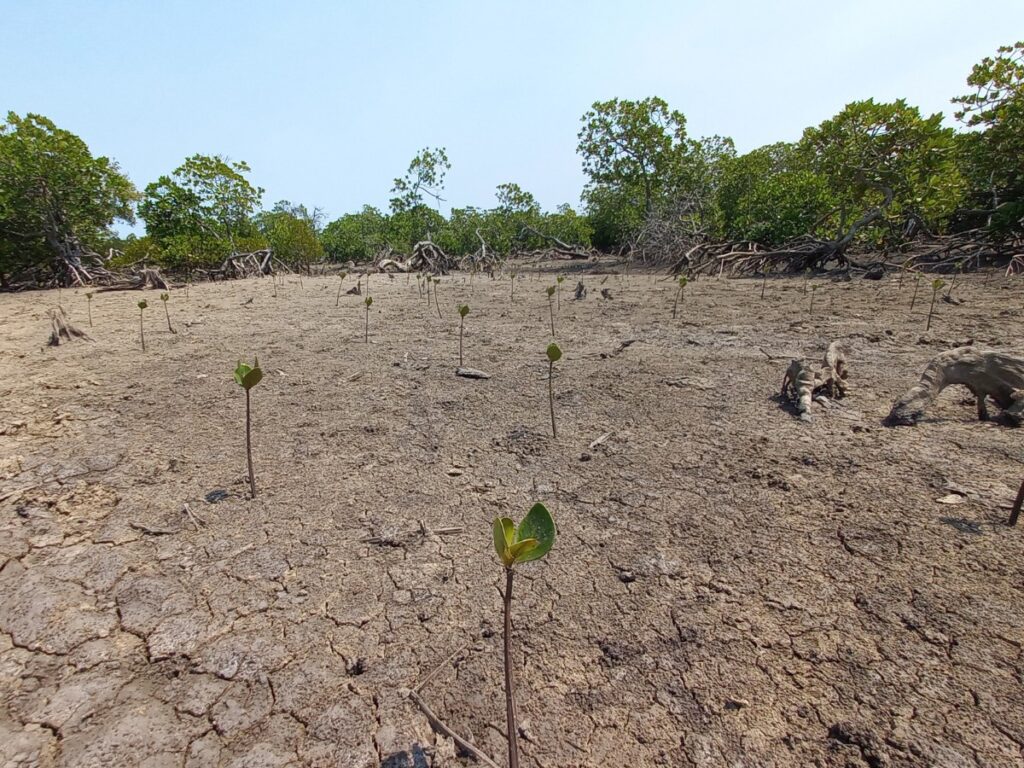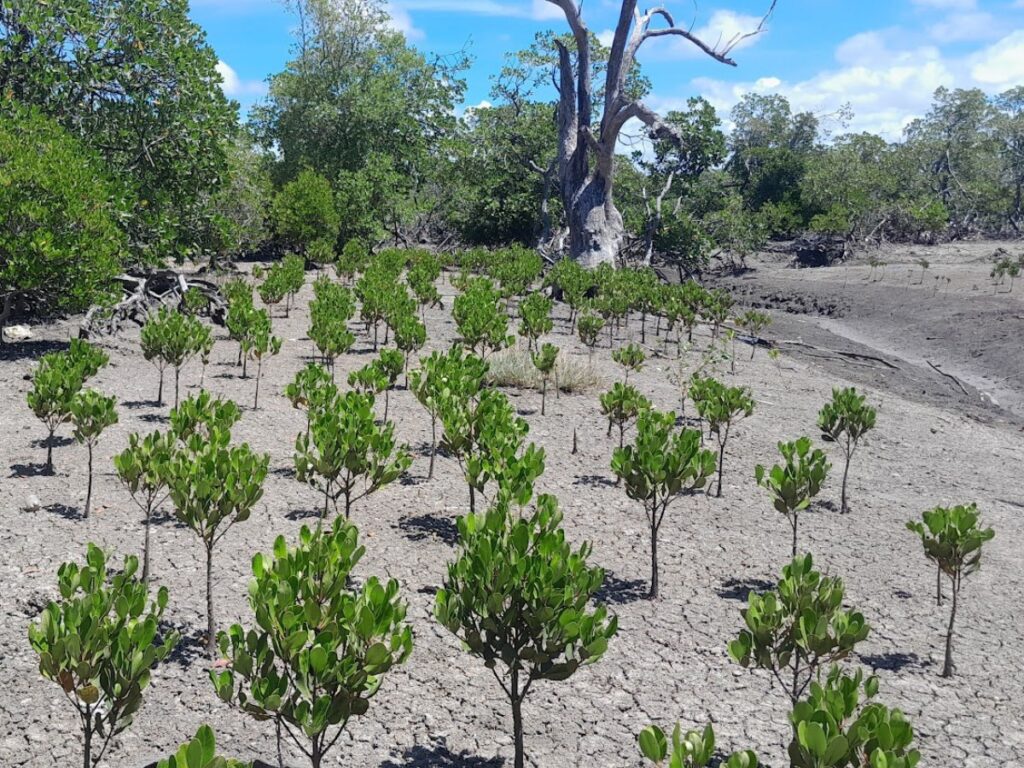Mozambique
About this project
The diverse fauna in this region plays a crucial role in maintaining the ecosystem’s health. Numerous invertebrate species, including the sand blubber crab (Dotilla fenestrate), burrowing crabs (Cardisoma carnife), and the d’Urville’s fiddler crab (Tubuca urvillei), have made the mangrove forests at Casa Partida their natural habitat. Several species of sea snails, slugs, mud creepers (Terebralia palustris), and mudskippers (Periophthalmus kalolo) inhabit the mangrove ecosystem.
Mangroves located in Mozambique are facing a significant threat from overexploitation due to their use as firewood, charcoal production, and building materials. The deep root systems of healthy mangrove forests limit soil erosion and protect against storm surges. The degradation of the mangrove ecosystems along the coast north of Beira has made coastal communities vulnerable to severe weather events such as cyclones and tropical storms. Ecosystem services, including breeding areas for birds and nursery habitats for fish and shellfish, are threatened, resulting in a loss of livelihood for the region’s residents.
In response, a large-scale mangrove restoration initiative was launched with the local communities. This effort not only seeks to revive the environment but also aims to create sustainable employment for local residents. Casa Partida spans 854 hectares along southern Mozambique’s coastline, with a planting density of 10,000 trees per hectare and a total capacity of 8.54 million trees.
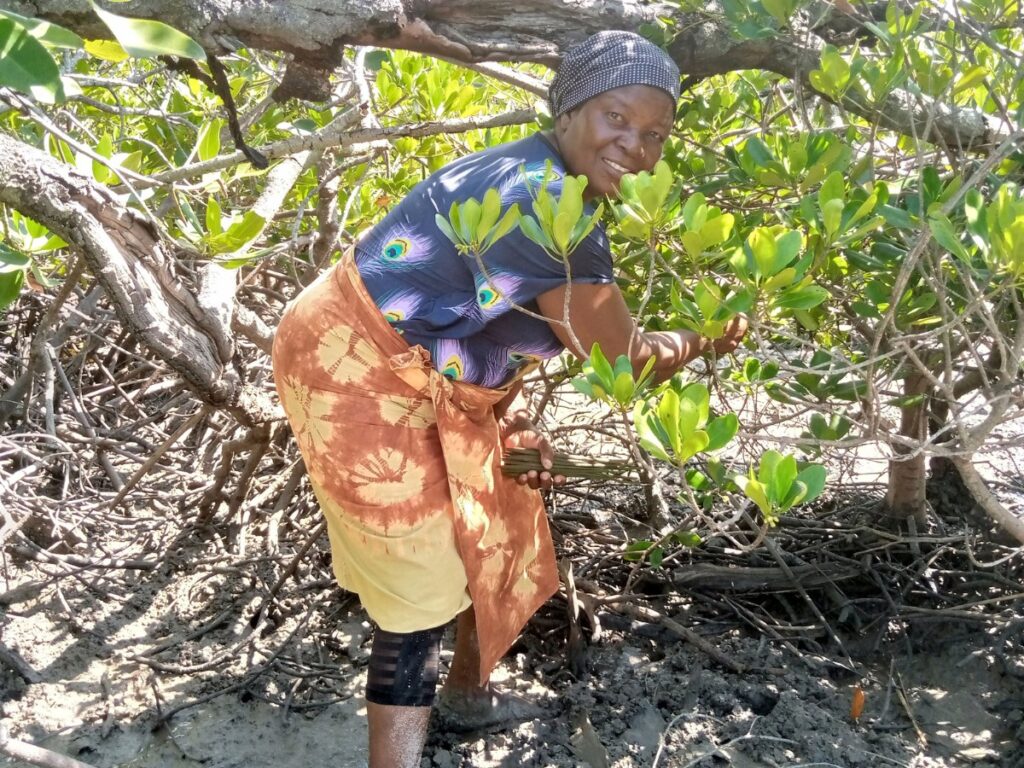
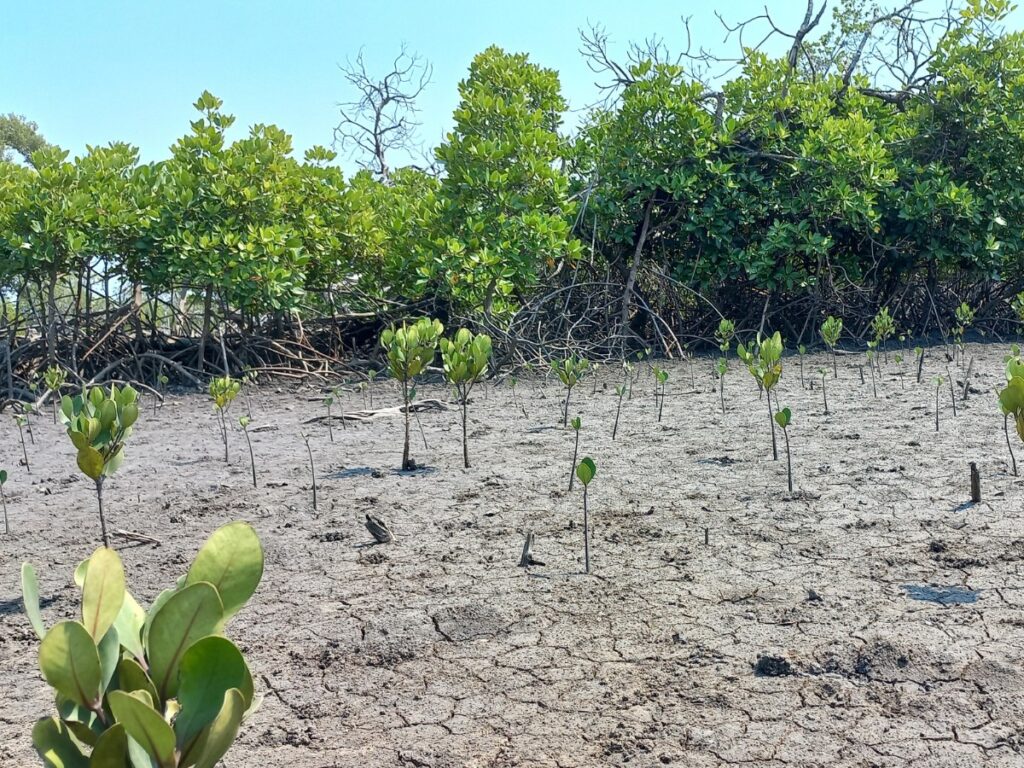
Progress and community impact
Casa Partida is home to 100 families who rely on artisanal fishing and subsistence farming, both of which are heavily dependent on healthy mangrove ecosystems. By involving these communities in restoration efforts, the project fosters economic growth while addressing the root causes of deforestation.
With a steady income, the local communities can put savings aside, invest in their households, start micro-enterprises to diversify their income opportunities, and provide healthcare and everyday needs for their families. Families were also able to improve their fishing equipment (fishing nets, boats) to carry out fishing activities which is a common subsistence practice in the Casa Partida area. Additional significant socioeconomic impacts include improved diets and health due to purchasing nutritious food and increasing education as families can afford to send their children to school.
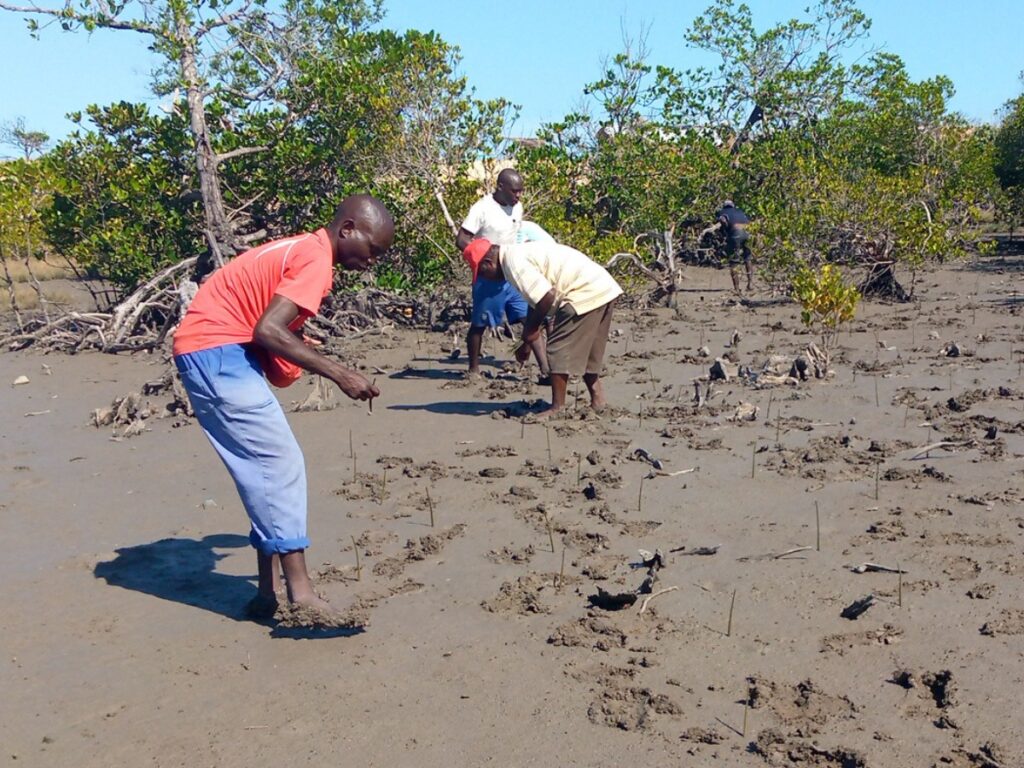
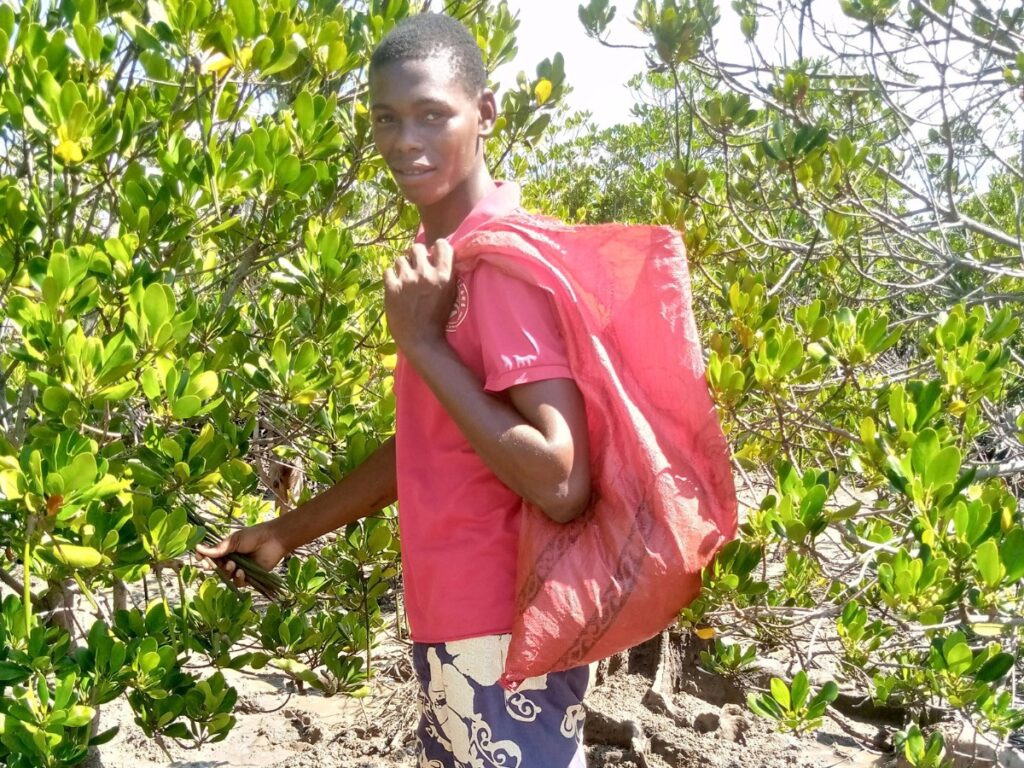
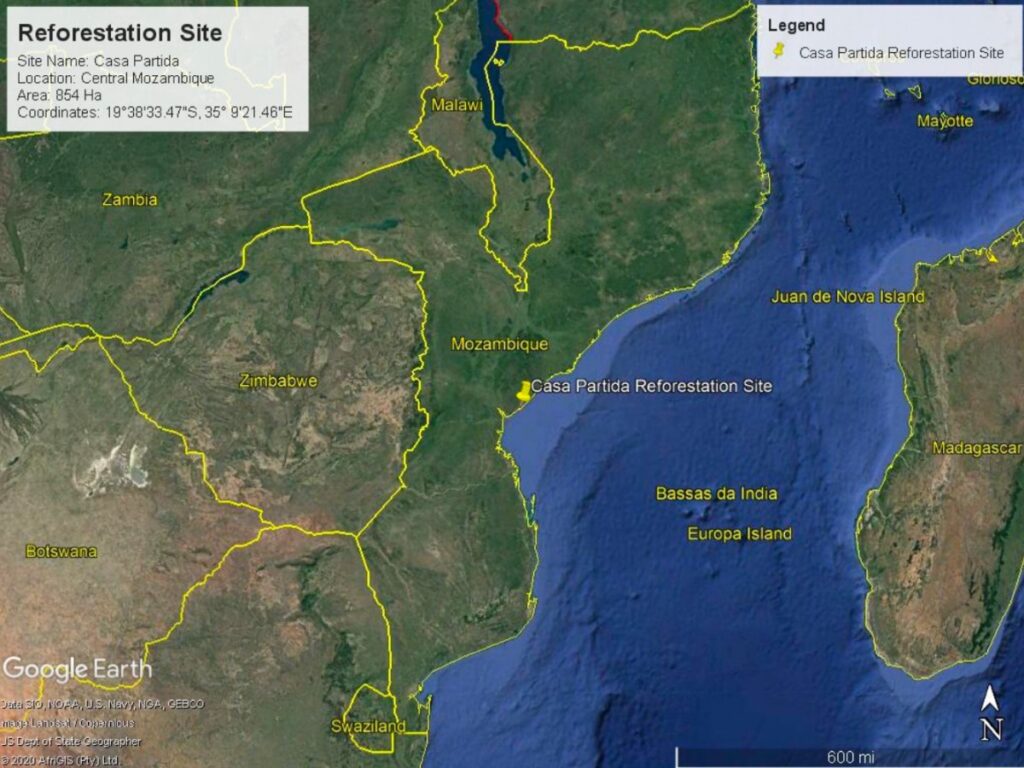
Location
Project Type
Environmental Benefits
- Erosion Prevention
- Enhance Water Quality.
- Habitat Restoration
- Biodiversity Enhancement
- Increased Carbon Capture

Location
Project Type
Environmental Benefits
- Erosion Prevention
- Enhance Water Quality.
- Habitat Restoration
- Biodiversity Enhancement
- Increased Carbon Capture
About this project
The diverse fauna in this region plays a crucial role in maintaining the ecosystem’s health. Numerous invertebrate species, including the sand blubber crab (Dotilla fenestrate), burrowing crabs (Cardisoma carnife), and the d’Urville’s fiddler crab (Tubuca urvillei), have made the mangrove forests at Casa Partida their natural habitat. Several species of sea snails, slugs, mud creepers (Terebralia palustris), and mudskippers (Periophthalmus kalolo) inhabit the mangrove ecosystem.
The mangrove trees provide food and shelter for migratory bird species such as the crab plover (Dromas ardeola), African spoonbill (Platalea alba), great egret (Ardea alba), as well as the resident mangrove kingfisher (Halcyon senegaloides).
Mangroves located in Mozambique are facing a significant threat from overexploitation due to their use as firewood, charcoal production, and building materials. The deep root systems of healthy mangrove forests limit soil erosion and protect against storm surges. The degradation of the mangrove ecosystems along the coast north of Beira has made coastal communities vulnerable to severe weather events such as cyclones and tropical storms. Ecosystem services, including breeding areas for birds and nursery habitats for fish and shellfish, are threatened, resulting in a loss of livelihood for the region’s residents.
In response, a large-scale mangrove restoration initiative was launched with the local communities. This effort not only seeks to revive the environment but also aims to create sustainable employment for local residents. Casa Partida spans 854 hectares along southern Mozambique’s coastline, with a planting density of 10,000 trees per hectare and a total capacity of 8.54 million trees.


Progress and
Community impact
Community impact
Casa Partida is home to 100 families who rely on artisanal fishing and subsistence farming, both of which are heavily dependent on healthy mangrove ecosystems. By involving these communities in restoration efforts, the project fosters economic growth while addressing the root causes of deforestation.


Cultural and historical significance
Cultural and historical significance
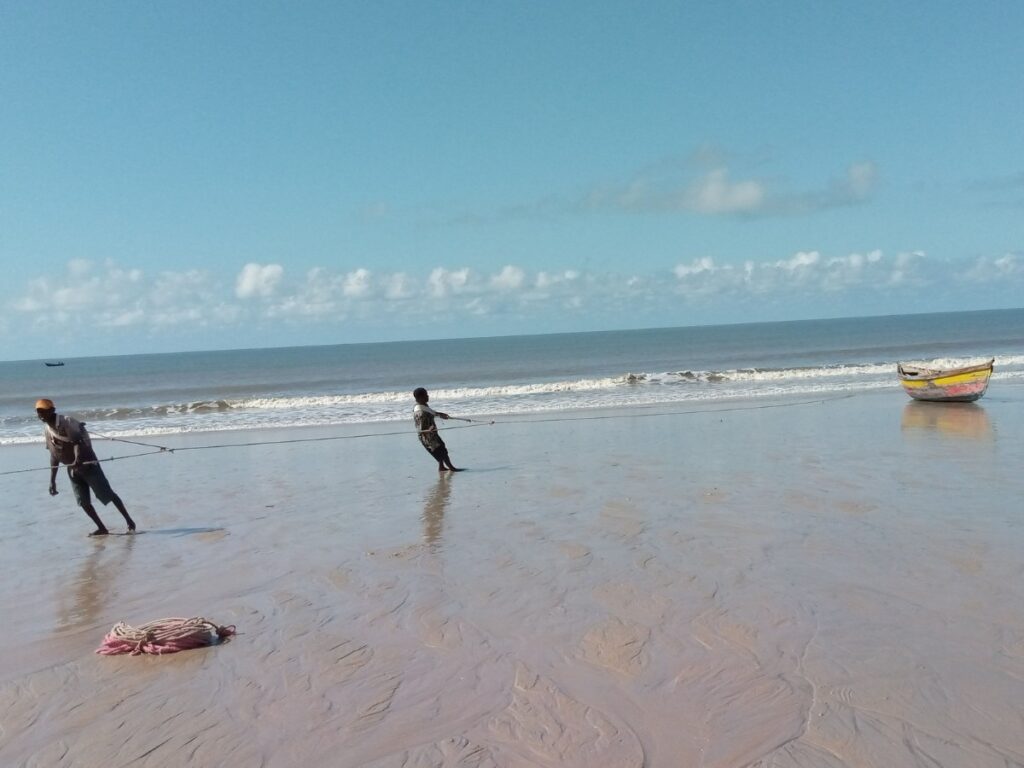
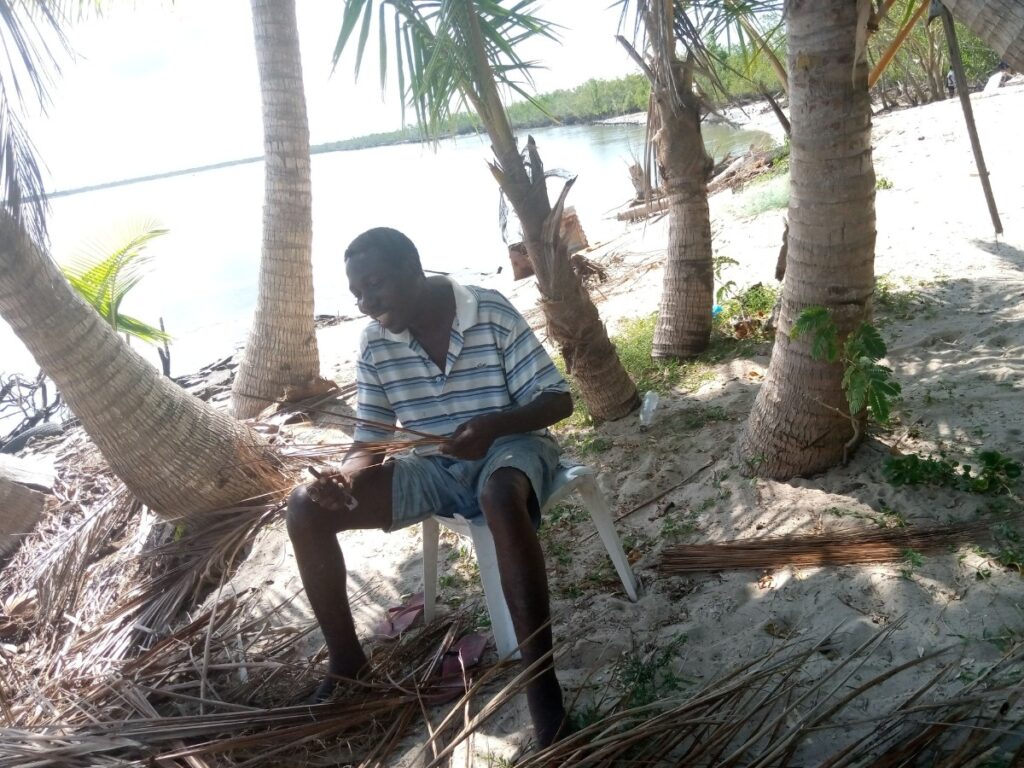
Current activities and looking ahead
Current activities and looking ahead
With continued community involvement, this initiative aims to break the cycle of poverty, stimulate economic growth, and leave a lasting legacy of resilience and prosperity in Sofala Province. Together, these efforts will ensure that the mangrove forests of Casa Partida are not only restored but protected for generations to come.
